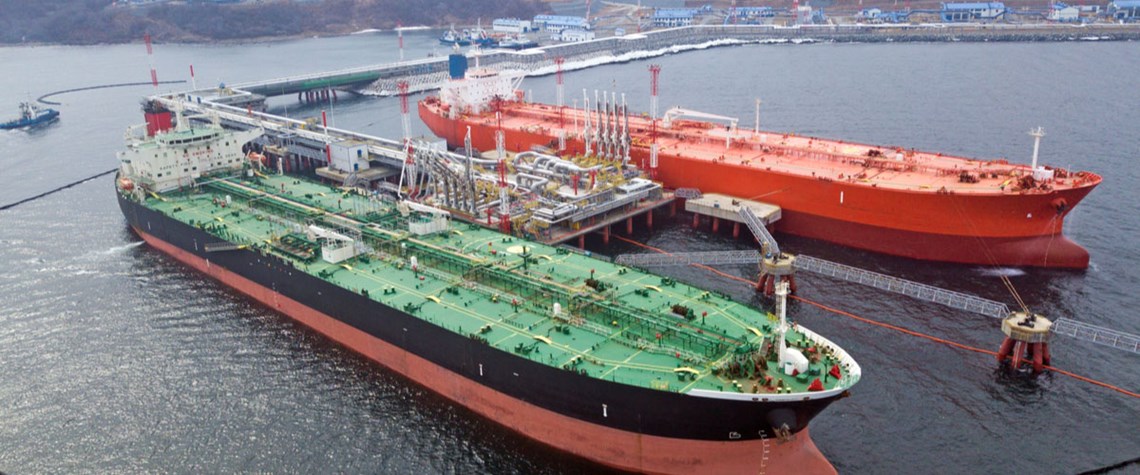Green shipping premium raises cost questions
Pace of transition to clean fuels will depend on stakeholders’ readiness to pay green premium, conference speakers say
Green shipping will not be cheap, and its higher cost is likely to be borne by end-consumers and cargo owners, raising questions about a potential uneven level of interest in decarbonised shipping among stakeholders. Shipping is less intensive than other freight transport modes in terms of CO₂/km, making up about 3pc of total global CO₂ emissions. But this share is likely to increase as demand for shipping rises in line with global economic growth over the coming decades and as other sectors decarbonise. Shipping emissions could rise by as much as 50pc by 2050 if the industry takes no action, according to the International Maritime Organization. This has led to growing interest in low- or ze

Also in this section
9 January 2026
A shift in perspective is needed on the carbon challenge, the success of which will determine the speed and extent of emissions cuts and how industries adapt to the new environment
2 January 2026
This year may be a defining one for carbon capture, utilisation and storage in the US, despite the institutional uncertainty
23 December 2025
Legislative reform in Germany sets the stage for commercial carbon capture and transport at a national level, while the UK has already seen financial close on major CCS clusters
15 December 2025
Net zero is not the problem for the UK’s power system. The real issue is with an outdated market design in desperate need of modernisation







